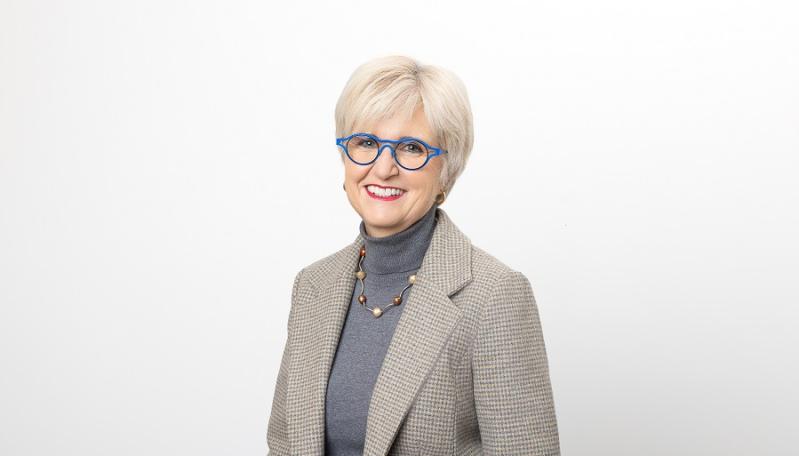
New EIGE evidence reveals gains and gaps in gender balance in business and finance
As we come towards the end of EU Diversity Month, our final check point is looking at the state of gender balance on company boards.
EIGE Director Carlien Scheele says:
Data has long told us that diverse leadership is not only the right thing to strive for but it’s the smart thing to do. Women make up roughly half of our societies and should have half the say in shaping it.
The Gender Balance on Corporate Boards Directive, in particular, recognises how diverse perspectives and experiences enrich decision-making and improve business performance.
Yet, as of end of January 2025, only nine Member States had fully transposed the Directive: Spain, Croatia, Italy, Lithuania, Malta, Slovenia, Slovakia, Finland and Sweden.
Why Is This Important Now?
Diverse leadership is more than a fairness issue – it makes business sense.
Research shows that gender-diverse boards are linked to higher firm value, profitability, and innovation.
For example, one study revealed that Fortune 1000 firms with gender-diverse boards showed significantly greater firm value. Another highlighted that in Denmark’s 2,500 largest companies, firms with more top women managers recorded stronger profits, revenues, and value added. Similar trends were observed in Spain, where publicly listed companies with a higher percentage of women board members were associated with significantly greater financial value.
Zooming out to the bigger picture: boosting gender equality more broadly – beyond the boardroom – could raise EU GDP per capita by up to 9.6% by 2050, translating into an economic gain of up to €3.15 trillion.
As Carlien puts it:
Gender-balanced decision-making drives innovation, inclusion, productivity and problem-solving. But at a time when diversity and inclusion are actively threatened, we need to double down on our efforts and commitments to safeguard what are fundamental EU principles and values.
How Far Have We Come?
The Agency’s latest statistical brief on gender balance in business and finance looks at the status and current trends related to gender balance among key decision-makers in listed corporations and financial institutions throughout the EU.
Business
-
In the last ten years, the representation of women on the boards of the largest listed companies has improved in the EU from one in five to one in three.
-
As of November 2024, nine Member States have legally binding gender quotas in place. Quotas in Belgium, Spain, France, Italy, the Netherlands and Portugal either match or exceed the 33 % target set by the Directive, but Germany (30 %), Austria (30 %) and Greece (25 %) fall slightly short.
-
Member States in which governments have taken some type of action over the last decade (either national quotas or soft measures) have seen the largest improvements – including Ireland, Spain, Italy and Portugal.
While we see positive trends in business, we find that women are underrepresented in financial institutions both at national and EU level.
Finance
-
All central banks across the EU Member States are governed by a man, except Spain which had an acting woman governor at the time of data collection.
-
Women account for three in ten board members of the central banks across the EU. Strikingly, the central banks of Austria, Romania, and Slovakia have all-male boards.
-
As of June 2024, there are only two women among the 25 board members of the European Central Bank, a situation that has not improved since 2013.
-
While women account for only four of 27 members of the board of governors of the European Investment Bank, the 7-member board of directors of the European Investment Fund has a gender balanced representation.
Member States, Take Action!
The data tells a clear story: where there is action, there is progress. The steady rise in company board representation, especially in countries with binding quotas shows that legal frameworks can be powerful levers for change.
However, the persistent stagnation in the share of women CEOs and board chairs, along with the stark underrepresentation in the financial sector, reveals that progress is uneven - depriving Europe of the potential of half its population.
EU Diversity month is a reminder that this not only matters for fairness but also for business: companies with more diverse leadership are more innovative, resilient and better positioned to respond to complex challenges.
But change won’t happen by tinkering at the margins. We need robust legal change.
That’s why we call on Member States to make the full transposition of the Directive a priority – not just as a legal obligation but a moral imperative to advance the core values of gender equality and inclusion.
If diverse talent is sat around the decision-making table, significant and sustainable growth awaits us.




